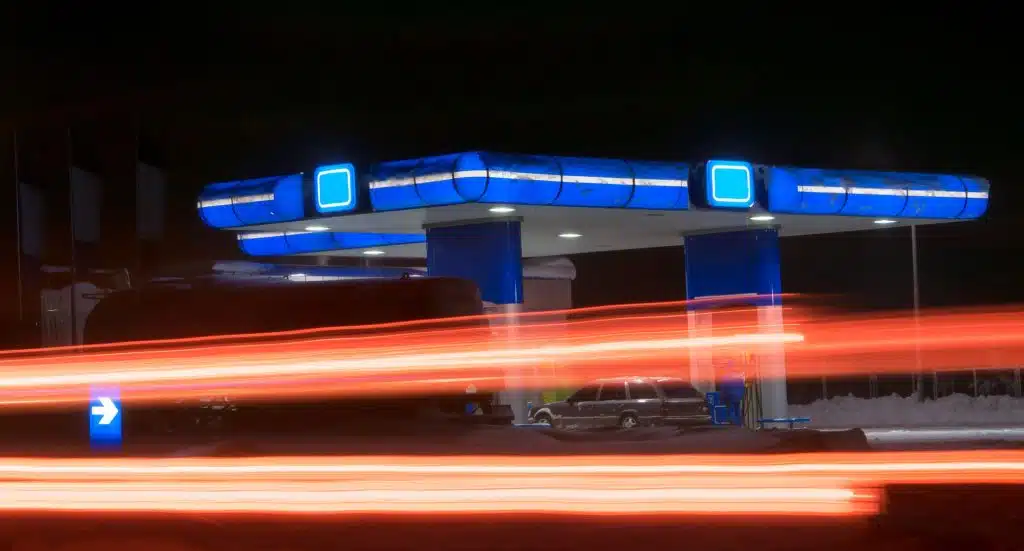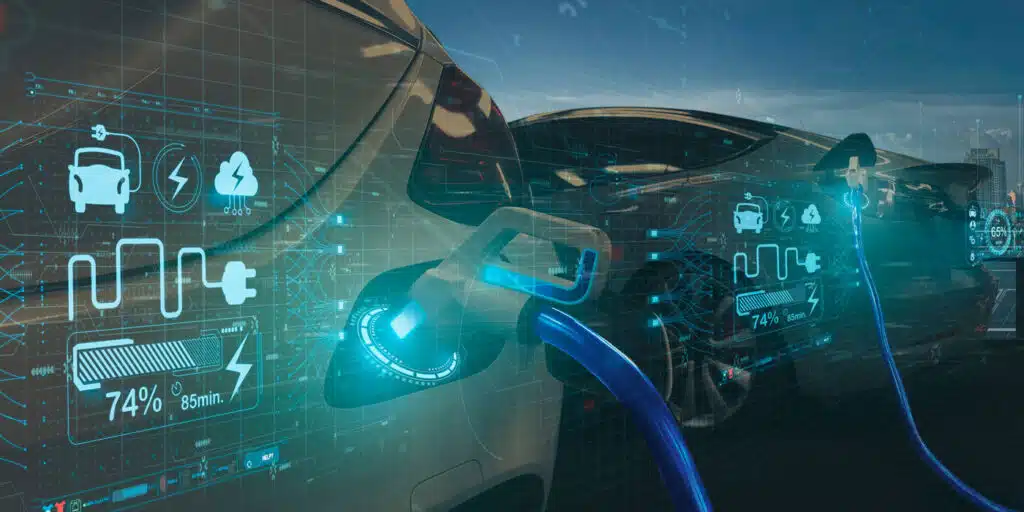The following steps are to inter in the market deeper, including all other potential users – customers such as, tracks, buses, heavy or professional vehicles etc. The optimization of route planning for commercial vehicles, particularly those powered by hydrogen, is a crucial challenge given the limited infrastructure for hydrogen refueling stations (HRS). Systems that combine real-time data, predictive analytics, and optimization models can significantly improve route planning for hydrogen-fueled trucks. These technologies can ensure that vehicles always have access to refueling stations by analyzing factors such as the distance to the nearest station, fuel efficiency, road conditions, and available HRS capacity.
For instance, using route optimization algorithms, such as the Dijkstra algorithm, can determine the most efficient routes while factoring in refueling station locations and ensuring that vehicles never run out of fuel before reaching the next station. Furthermore, multi-period optimization models are increasingly being applied to HRS network planning. These models not only account for current fuel demand but also predict future needs as the market for hydrogen fuel cell vehicles (HFCVs) expands.
As a result, combining intelligent software solutions for route planning and infrastructure optimization can make hydrogen-powered commercial transportation more feasible, even in regions where refueling stations are not yet widespread. This approach will play a vital role in the broader adoption of hydrogen as a sustainable fuel alternative.
Finaly our systems should be integrated with the onboard vehicles systems – android auto and etc. for safety and ergonomic reasons. Basically share our data to other integration vehicle consol companies.



